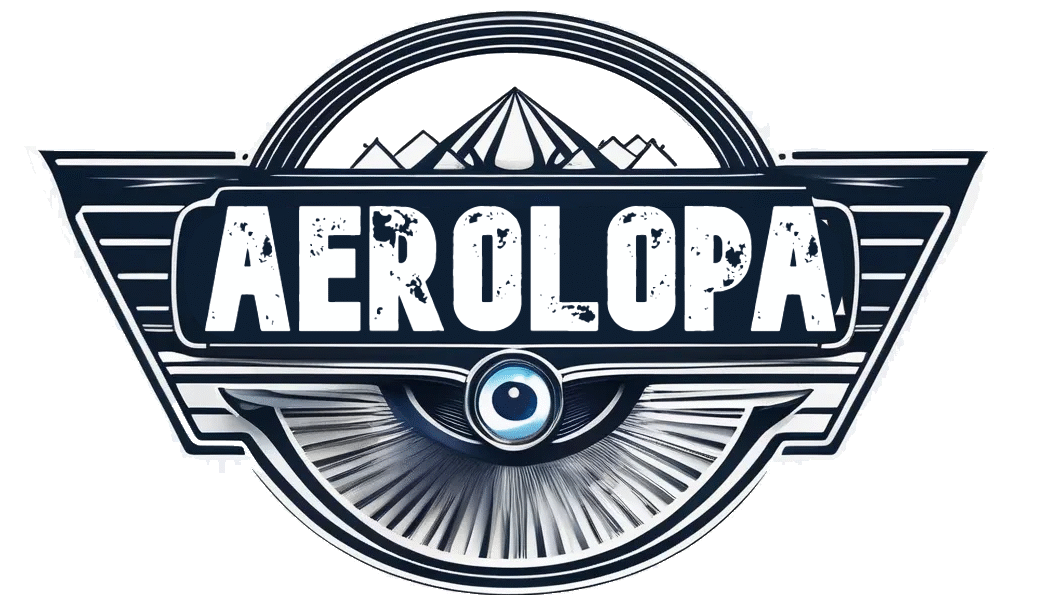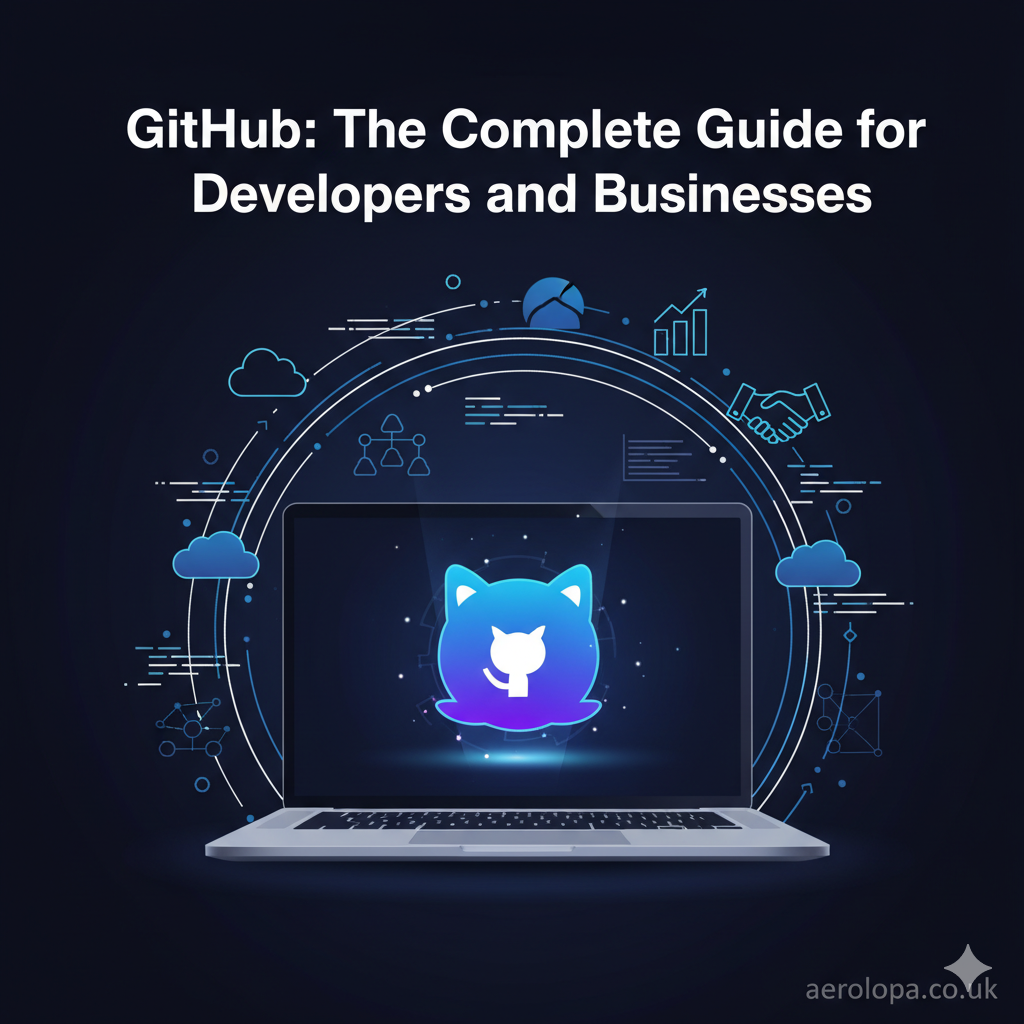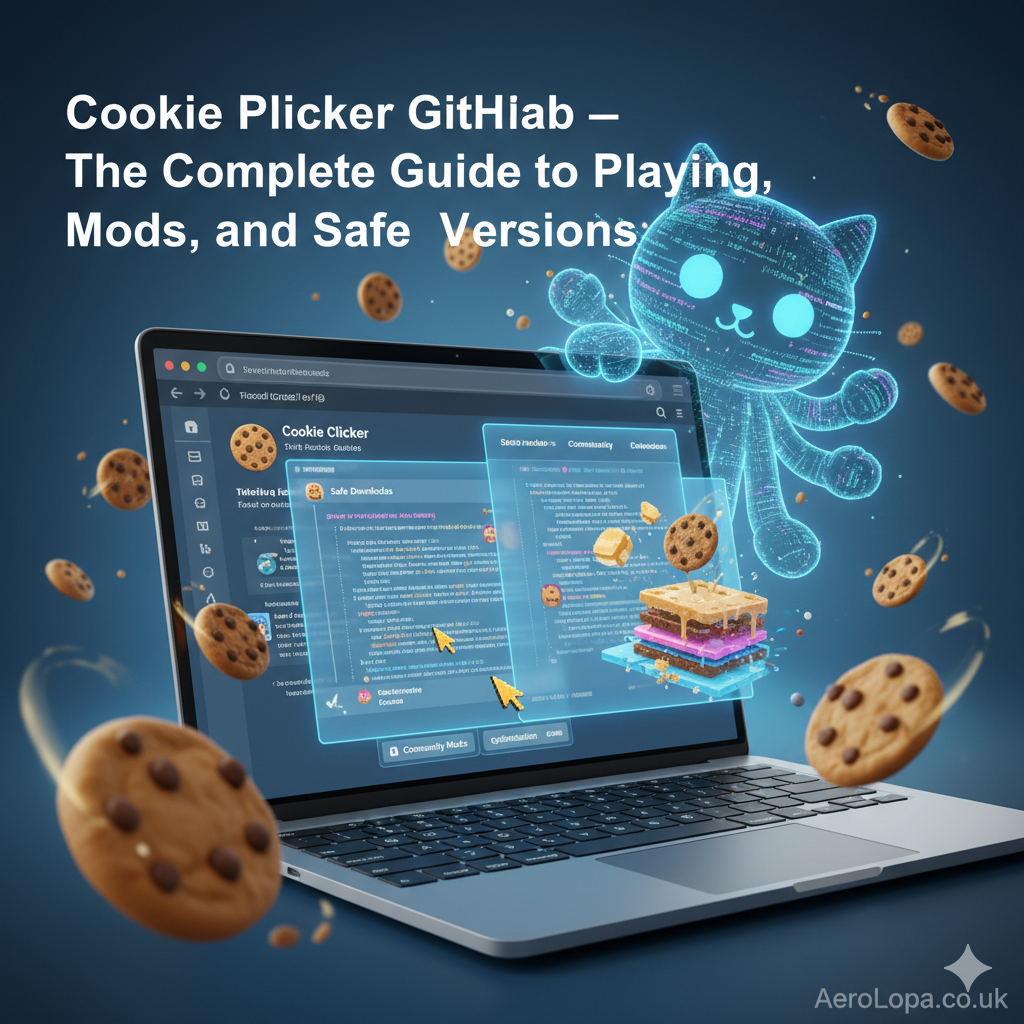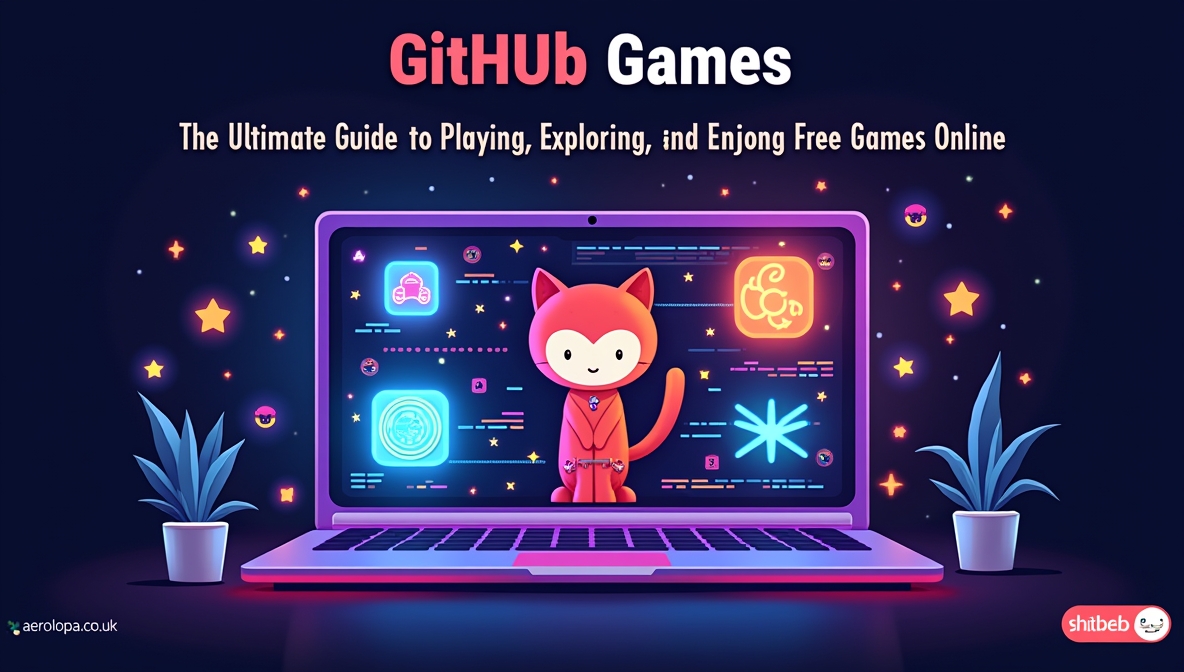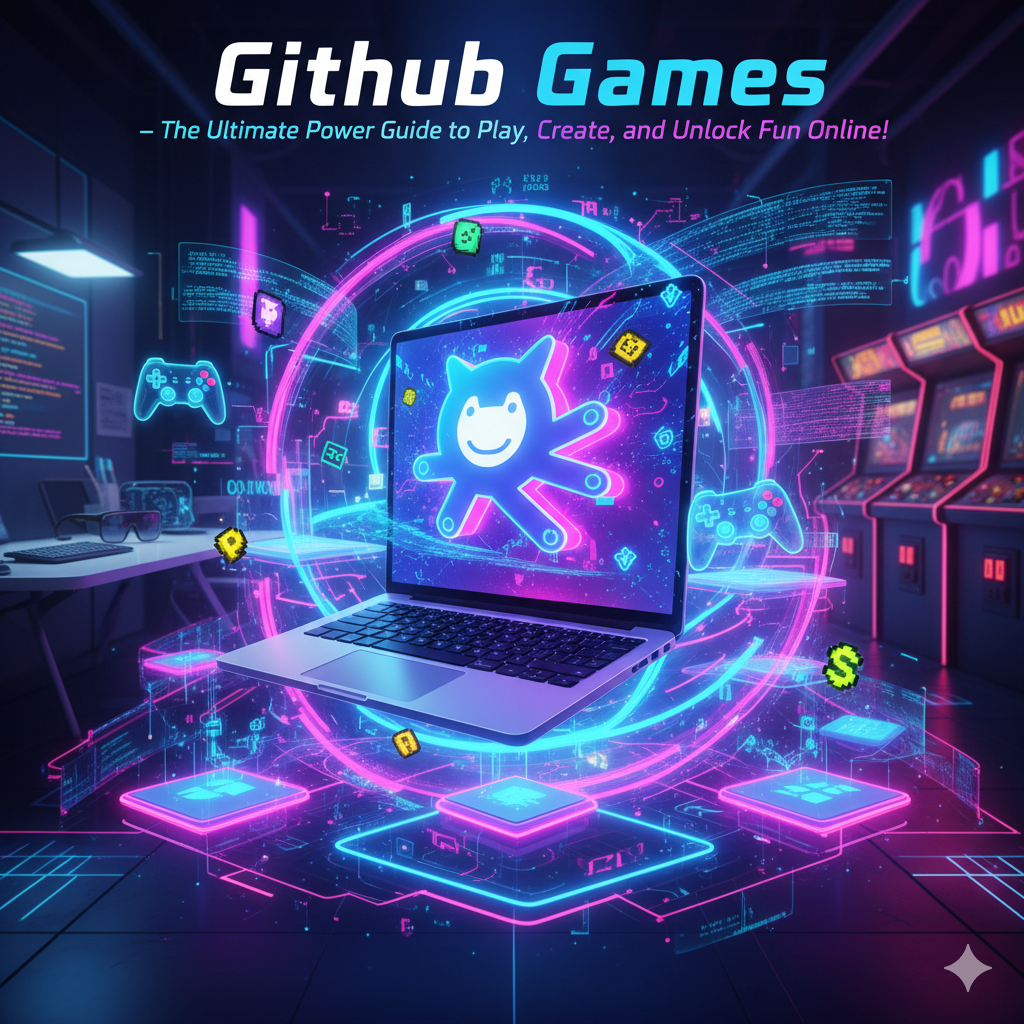When discussing software development, version management, and collaborative coding, there probably aren’t too many names more recognizable than GitHub. It started as a simple hosting service for Git repositories, however, GitHub now stands as potentially one of the most powerful development ecosystems in history. Millions of developers, students, and organizations use GitHub every day for code collaboration, project management, and automation.
More than simply a code repository, GitHub has been integrated into the innovation cycle as it relates to the delivery of modern software development in large part due to tools like GitHub Copilot, GitHub Actions, GitHub Pages, and GitHub Desktop. These tools have made GitHub a single-source solution to developers’ modern development needs. This guide will introduce readers, from beginners to advanced professionals, to what GitHub is, what it does, and how people can utilize it.
What Is GitHub?
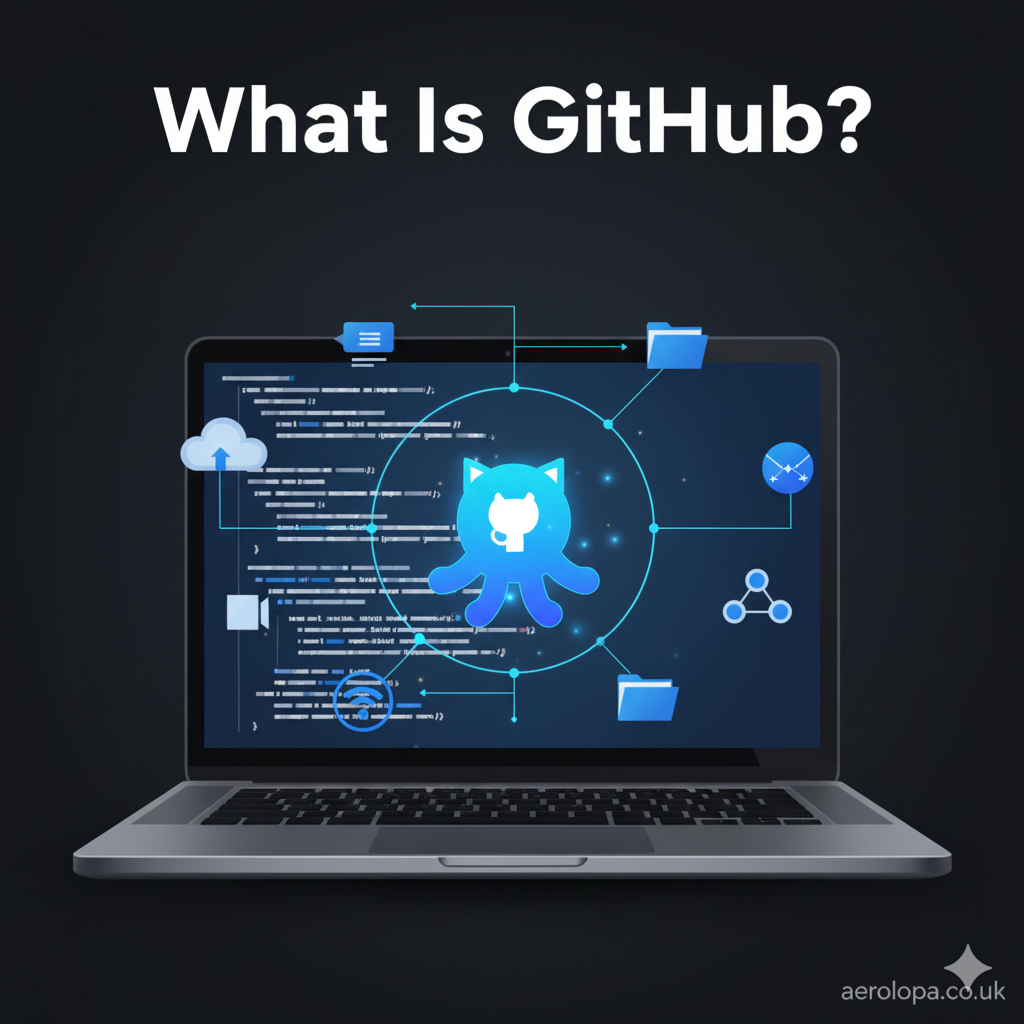
GitHub is one of the top places on the planet for developers, programmers, and businesses to host and manage their code and projects, securely. GitHub is a cloud-hosted service that is meant to host, share, and collaborate on code. GitHub is based on Git, a version control system created by Linus Torvalds (the same Torvalds that created Linux). Git allows you to manage changes to code over time and GitHub builds on the concept of version control by supporting the ability to access it in a browser and collaboratively.
In simple terms, GitHub is a social network for developers where you post code instead of photos or videos. GitHub also lets you create repositories (usually referred to as repos) which are storage spaces for your projects. A repo can contain code files, documents, images, or anything to support your software project.
One of the biggest strengths of GitHub is version control. This means you can make updates to your project without losing old versions. Every change is saved in a timeline, so you can see who made which edits, roll back mistakes, or merge updates from different team members. This makes it especially powerful for teams working together across different countries and time zones.
GitHub is not just for coders anymore. While it’s famous for hosting open-source projects like React, TensorFlow, and Kubernetes, it’s also widely used by businesses, educators, writers, and even game developers. For instance, many game enthusiasts use repositories like cookie clicker GitHub or 1v1 lol GitHub to share mods, scripts, and experimental versions of their favorite games.
The platform offers more than just storage. Features like GitHub Actions allow you to automate workflows such as testing code, building applications, or deploying them live. With GitHub Pages, you can even host websites directly from your repository—for free. This makes GitHub not just a code-sharing tool but also a publishing platform.
GitHub has also introduced AI-powered tools like GitHub Copilot, which helps developers write code faster by suggesting lines or entire functions based on context. This saves time, reduces errors, and makes coding accessible even for beginners.
On top of its functionality, GitHub also has a thriving community. Millions of developers share their code openly, meaning you can learn, fork (copy), and contribute to projects. Whether you’re exploring what is GitHub as a beginner or integrating advanced features like GitHub Enterprise with Jira, there’s always support through forums, documentation, and community discussions.
In short, GitHub is much more than just a code host—it’s an ecosystem. It combines storage, collaboration, automation, publishing, and community into one platform. That’s why it has become the go-to tool for developers around the world. Whether you’re learning to program, building the next big app, or just curious about projects like pizza edition GitHub, this platform has something valuable to offer.
Why GitHub Matters for Developers and Businesses
- Collaboration at Scale – GitHub enables teams across the world to contribute to the same project without conflict. Pull requests and reviews streamline teamwork.
- Automation with GitHub Actions – Developers can automate testing, building, and deployment directly from their repositories.
- Learning and Open Source – Students, hobbyists, and professionals alike can explore public projects to learn and contribute. Popular repositories like cookie clicker GitHub or even fun projects such as pizza edition GitHub showcase the platform’s diversity.
- Enterprise Solutions – Companies can host private repositories and even integrate GitHub Enterprise with Jira for seamless issue tracking and productivity.
- Flexibility Across Tools – With options like GitHub Desktop, developers who prefer a graphical interface can manage Git without using command line tools.
In short, GitHub has transformed into much more than just version control—it’s a development powerhouse.
Popular GitHub Features You Should Know
- GitHub Copilot – An AI coding assistant that suggests entire lines or functions based on context.
- GitHub Desktop – A GUI app that makes managing repositories easier for beginners and professionals.
- GitHub Pages – Lets you host static websites directly from repositories, often used for portfolios, blogs, and documentation.
- GitHub Actions – Automates workflows, testing, and deployments without relying on third-party tools.
- GitHub Games – Fun repositories such as cookie clicker GitHub or 1v1 lol GitHub allow developers to play and explore code-based games.
These features make GitHub more than just a platform—it’s a complete ecosystem for coding, learning, and experimenting.
GitHub for Fun: Games and Creative Projects
While GitHub is known for serious development, it’s also home to fun and creative projects. Games like cookie clicker GitHub and 1v1 lol GitHub are examples of how the community uses the platform not just for software but also for entertainment. The open-source community thrives on experimentation, and GitHub serves as the perfect playground for those ideas.
GitHub for Businesses and Enterprises
For organizations, GitHub isn’t just about hosting code—it’s about efficiency, productivity, and security. With private repositories, advanced access controls, and GitHub Enterprise, businesses can maintain high standards while encouraging collaboration. Integrations such as integrate GitHub enterprise with Jira make workflow management smoother by connecting coding with project tracking tools.
This has made GitHub the preferred choice for startups, enterprises, and even Fortune 500 companies.
Frequently Asked Questions (FAQs) About GitHub
1. What is GitHub?
GitHub is a cloud-based platform that allows developers to store, manage, and collaborate on code. It uses Git version control to track changes, making teamwork on software projects easier and more organized.
2. How to use GitHub?
To use GitHub, you create an account, set up a repository, and start uploading your code. You can also clone repositories, contribute to open-source projects, and use tools like GitHub Desktop or GitHub Actions for advanced workflows.
3. What is GitHub used for?
GitHub is used for code collaboration, version control, project management, hosting websites, running workflows, and even experimenting with AI-powered coding tools like GitHub Copilot.
4. How to download from GitHub?
By going to the repository page, clicking the green “Code” button, and choosing Download ZIP, you can download a project. For simpler changes, developers frequently favor cloning using Git.
5. Is GitHub down?
Sometimes GitHub may experience downtime. You can check the official GitHub Status page to see if there are ongoing issues.
6. How to delete a repository in GitHub?
Go to your repository’s Settings, scroll down to “Danger Zone,” and click Delete this repository. You’ll need to confirm by typing the repo’s name.
7. What is IPTV GitHub?
“IPTV GitHub” usually refers to repositories that share IPTV playlist links. While some are legal, always be cautious, as many may contain unauthorized streams.
8. What is GitHub Copilot?
GitHub Copilot is an AI-powered coding assistant that suggests code snippets, functions, and even complete methods as you type. It’s like having an AI pair programmer.
9. What is GitHub Desktop?
GitHub Desktop is a GUI (Graphical User Interface) tool that makes it easier to manage GitHub repositories without using the command line.
10. Can I host a website on GitHub?
Yes! With GitHub Pages, you can host static websites for free directly from a repository. Many developers use it for portfolios, documentation, and blogs.
11. How does GitHub Actions work?
GitHub Actions lets you automate workflows like running tests, deploying apps, or building software whenever you push code to your repository.
12. What are GitHub Games?
Some developers host fun browser-based games on GitHub. Examples include mods and fan-made versions like cookie clicker GitHub or 1v1 lol GitHub.
13. What is GitHub Enterprise?
GitHub Enterprise is a business-oriented premium edition of GitHub. It offers advanced security, compliance, and integrations like Jira.
14. Is GitHub free?
Yes, GitHub offers free accounts with unlimited repositories. Paid plans are available for private repositories, teams, and enterprises that need advanced features.
15. Can beginners use GitHub?
Absolutely. GitHub is beginner-friendly, especially with tools like GitHub Desktop and resources that guide new users step by step.
16. What is GitHub Pages used for?
GitHub Pages is used for free hosting of websites, portfolios, or project documentation directly from your GitHub repository.
17. Can I find tutorials and projects on GitHub?
Yes. GitHub is one of the largest sources of free learning material. You can explore open-source projects, study code, and even contribute to them.
18. Is GitHub safe?
Yes, GitHub is secure when used properly. However, always review repositories before downloading files to ensure they’re safe and trustworthy.
19. Can GitHub be used for non-coding projects?
Yes. While it’s designed for code, many people use GitHub to manage documents, books, research papers, and even design projects.
20. Why is GitHub so popular?
GitHub is popular because it combines powerful tools, a huge community, and ease of use. It’s the go-to platform for developers and companies worldwide.
Conclusion: Why GitHub Remains Essential
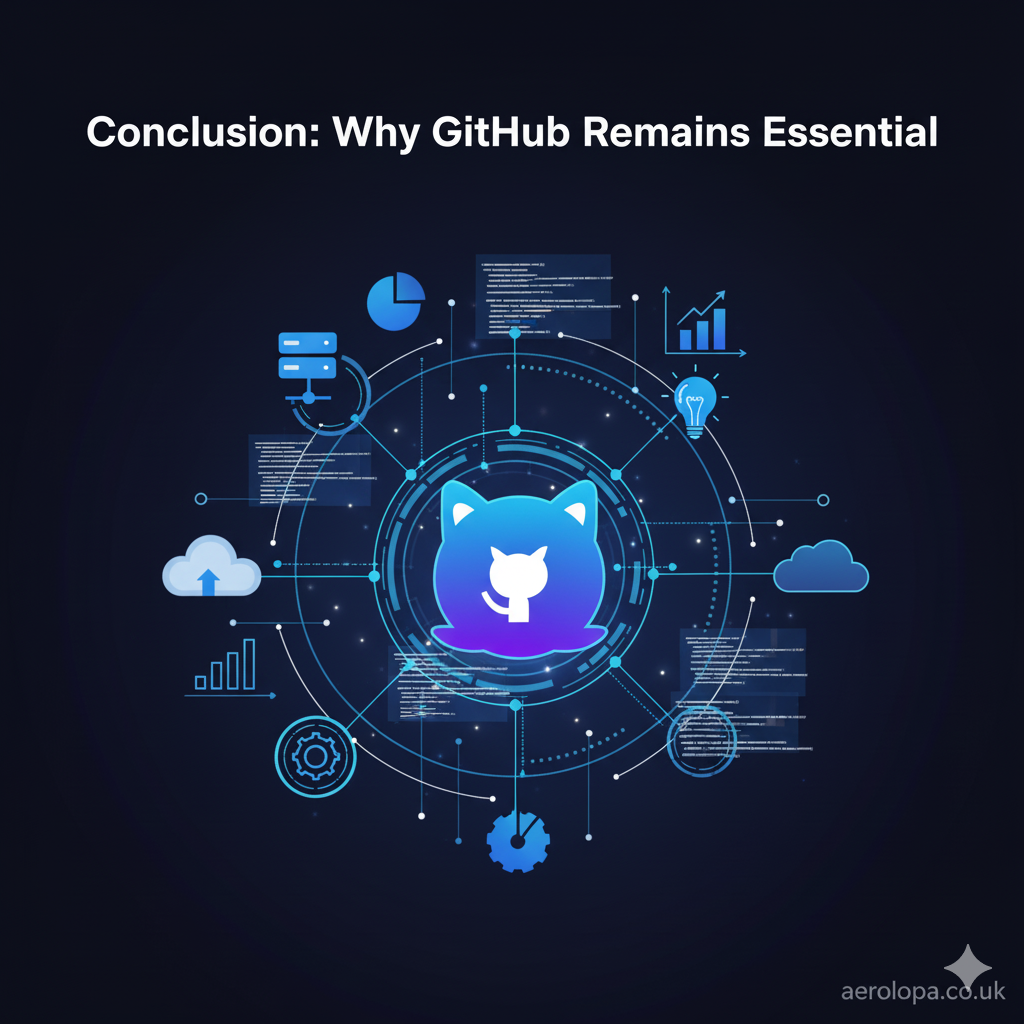
GitHub has expanded well beyond a code repository for developers. It is now a backbone for software development in general with open-source innovation, enterprise-level projects, educational materials, and personal hobbies. From those learning the basics of coding to multinational companies writing large-scale applications, GitHub provides the ecosystem and community support for everyone to thrive.
One of the attributes that keeps GitHub indispensable is how flexible it is. Developers can manage complex projects using GitHub Actions, or publish either a personal or professional website using GitHub Pages, or even connect GitHub Enterprise with Jira to simplify workflows. Furthermore, with the addition of GitHub Copilot, it has solidified its use as a time-saving way of coding – which, with the use of AI technology – allows coding to be more streamlined for everyone, whether a personal or professional developer.
While the features are a big part of it, I think GitHub’s real strength is in its community. Every day, millions of developers share their knowledge and improve things together, working on open-source repositories. This makes solutions or innovations or creative experiments available for anyone to learn from and improve, whether it’s a small repository like cookie clicker GitHub, or more massive libraries like React.
GitHub also has an unparalleled level of trust/ reliability. Businesses trust GitHub because it provides security, version control, and has integrations with multiple developer tools. Students and self-learners trust GitHub because it is free and available pretty much anywhere. This helps create opportunities to learn and find future job openings from across the globe.
In a world in which technology influences almost every aspect of our lives, GitHub guarantees that development stays open, transparent, and collaborative. Whether you’re a novice and looking for GitHub explained, a gamer interested in mods like 1v1 lol GitHub, or an enterprise deployer of professional software, GitHub is still the place where innovation starts and flourishes.
In conclusion, GitHub is more than a tool; it is a cornerstone of the digital realm, both now and into the future. Its combination of power, accessibility, and community will continue to keep it at the center of software development for years to come.
